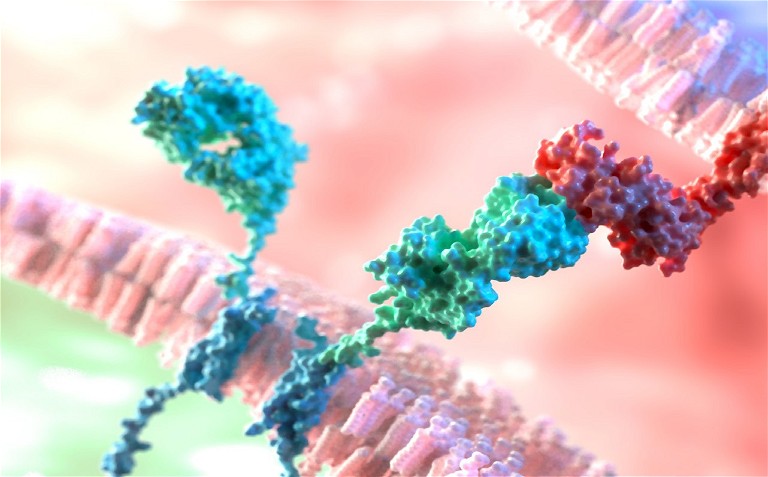Research & Development
BioNTech and Autolus collaborate for CAR T-cell therapies
BioNTech and Autolus Therapeutics have announced that they have entered a strategic collaboration intended to further both companies’ autologous CAR T programmes towards commercialisation following regulatory authorisations.
The companies have also entered into a licence and option agreement and a securities purchase agreement.
Under terms of the agreement, BioNTech will make an upfront payment of $50m in exchange for various development, commercialisation and licensing rights, and according to the press release: ‘BioNTech has agreed to purchase $200m of Autolus’ American Depositary Shares in a private placement. BioNTech will have a right to appoint a director to the Board of Autolus’.

Professor Ugur Sahin MD, chief executive officer and co-founder of BioNTech, commented: “The collaboration with Autolus enables us to expand our BNT211 programme into trials for multiple cancer indications in a cost-efficient way. Autolus' state-of-the-art manufacturing facilities’ set-up for clinical and commercial supply will enhance our own capacities in addition to our existing US supply network and the ongoing expansion of our site in Gaithersburg, Maryland, US. Furthermore, this collaboration grants us access to Autolus’ precise cell targeting tools to further support BioNTech’s development of in vivo cell therapy and antibody-drug conjugate candidates.”
Dr Christian Itin, chief executive officer of Autolus, added: “We see a remarkable opportunity to leverage our core capabilities, accelerate pipeline programmes, realise cost-efficiencies and expand opportunities beyond autologous cell therapies. We look forward to investing a portion of the capital raised on delivering on obe-cel’s path in adult acute lymphoblastic leukaemia, potentially offering another treatment option for patients where there is still an unmet medical need. This collaboration creates a path for accelerating our respective oncology pipeline programmes and broadening the use of Autolus’ technology outside of autologous cell therapy applications.”